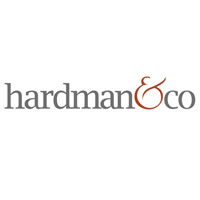Share buybacks are used for a number of reasons – a company may be looking to return surplus cash to its shareholders, increase earnings per share or enhance its share liquidity. A share buyback is also a way of a shareholder exiting a company. The Government recently announced a review into share buybacks amidst concerns they are often used for improper purposes.
But there are legitimate reasons why a company may want to buyback its own shares and this blog is a useful reminder of how share buybacks should be carried out in order for them to be valid. It focuses, in particular, on private company buybacks and the correct statutory procedure they should follow. Carrying out a share buyback should be simple, if companies follow these steps.
- Get authority
The first step in almost all corporate transactions is to check the company’s articles of association to make sure it is allowed to do what it intends to do. There is no need for an express right to buy back shares as companies are permitted to do this. Instead the articles should be checked for any express provision excluding or restricting the right to buy back shares. The articles will need amending, with the consent of the shareholders, to remove any such exclusion or restriction before the buyback proceeds.
- Get the shares paid for
As with any other share purchase, the company needs money to buy them and the law restricts the available sources of funding for this.
The main choice is whether the buyback will be funded out of capital, out of the proceeds of a fresh issue of shares or out of distributable profits? Using distributable profits is generally preferred as it is a simpler process.
- Get it approved
The shareholders need to formally approve the buyback by passing an ordinary resolution (unless the articles require a higher majority). Companies can choose to propose this resolution by written resolution or at a general meeting.
- Get it in writing
The terms on which the buyback is to proceed should be recorded in a written agreement between the company and the selling shareholder. That agreement should not be entered into until after the shareholders have given their approval referred to above. If the agreement is entered into before it has been authorised by the shareholders, completion of the buyback under the agreement must be conditional on that approval being given. This contract needs to be made available to the shareholders, either by circulating it with the approving written resolution or by making it available for inspection for 15 days before the general meeting is held.



